We are happy to invite you to our next event. This time we will explore particularities of the international criminal justice in the case of the Khmer Rouge Tribunal.
The Extraordinary Chambers in the Courts of Cambodia (ECCC) is a special Cambodian court that tries senior representatives of the Khmer Rouge regime for international crimes committed between 17 April 1975 and 6 January 1979 that cost the lives of at least 1.7 million people. Over its fifteen year-long history, the ECCC has been appraised for its contribution to developing substantive international criminal law and enhanced recognition of victims in criminal proceedings as well as heavily criticised for its procedural inefficiency, selectivity of prosecuted cases and politicisation by the Cambodian government. How effective are hybrid criminal courts in ensuring accountability for international crimes? And is it worth prosecuting international crimes more than four decades after they were committed?
The ECCC’s legacy, legitimacy of the proceedings and its contribution to the transitional justice in Cambodia will be discussed by Nikola Kurková Klímová, researcher at the Peace Research Center Prague, and Sangeetha Yogendran, Ph.D. Fellow at the Human Rights Centre, Faculty of Law and Criminology, University of Ghent.
The debate will be moderated by Barbara Dufková and Tomáš Bruner, who will provide introductory and concluding remarks.
About the speakers:
Nikola Kurková Klímová is a Ph.D. student at the Department of International Law, Faculty of Law, Charles University, and a member of the Peace Research Centre Prague. She specialises in international economic law, international criminal law and international human rights law. She interned at the Office of the International Co-Prosecutor of the Extraordinary Chambers in the Courts of Cambodia (ECCC) where she mainly assisted with the drafting of an indictment in Case 004 against Yim Tith.
Prior to joining the ECCC, she also worked with the Czech Ministry of Foreign Affairs, Department of International Law at the Ministry of Industry and Trade and the Embassy of the Czech Republic in London. She holds master’s degrees in Law and IR from Charles University and an LL.M. in Public International Law from Cambridge University. Following her graduation, she joined an international law firm in Prague as a junior associate where she assisted with representing investors and states in international arbitrations before the ICSID and the ICC.
Sangeetha Yogendran is a human rights and humanitarian professional and a Ph.D. Fellow at the Human Rights Centre, Faculty of Law and Criminology, the University of Ghent where she participates in the ERC-funded project “Righting Victim Participation in Transitional Justice”. Her work in Cambodia began at the Khmer Rouge Tribunal and later continued, as a litigation and transitional justice associate, assisting with the representation of a minority group of survivors.
Sangeetha also worked with the Ministry of Foreign Affairs in Singapore on international boundary issues, and with the International Criminal Court. She spent time in the occupied Palestinian territories dealing with humanitarian law violations as well as in Malaysia and Australia working with Rohingya refugee communities. More recently, she has worked as a researcher on humanitarian assistance, rule of law, and business and human rights issues with various NGOs focused on the ASEAN region. She has been also deployed to support humanitarian responses in the Philippines, Nepal, Indonesia and Bangladesh. She is a qualified Advocate & Solicitor in Singapore and holds an LL.M. in Public International Law from the University of Melbourne, an LL.B (Hons) from the National University of Singapore, and a postgraduate diploma in Poverty Reduction Policies and Practices from the School of Oriental and African Studies, University of London.



